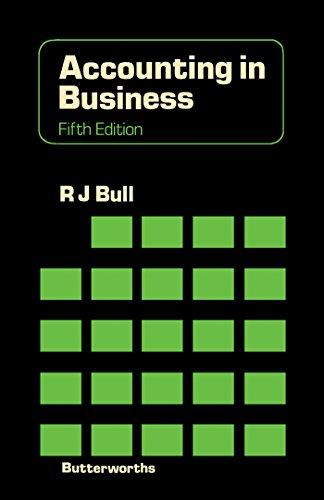Question
MEDIAN VOTER THEOREM: IMPLICATION ON TAX Suppose that there are identical voters, i.e., they all have the same utility function ,where is the private consumption,
MEDIAN VOTER THEOREM: IMPLICATION ON TAX
Suppose that there are identical voters, i.e., they all have the same utility function ,where is the private consumption, and is the amount of public good provided. Individual has an income of and consume , where is the share of income tax (from 0% to 100%) paid to the government. Thus, the utility function of individual is equal to =.
a) What is the government revenue from tax?
b) Assuming that the government revenue from tax is equal to , rewrite the utility function of individual and find the optimal amount of tax (i.e. find the optimum ). Based on the median voter theorem, what is going to be the optimum amount of taxation in this country?
c) Taking the second derivative of the utility function of individual , we can conclude that all individuals have single-peaked preferences. Explain how we can conclude that and why this is important for aggregation of preferences.
d) If turnout is biased toward rich voters, is the optimum taxation going to be higher or smaller than the situation in which all voters turnout to vote? Explain.
e) Propose a DID that allows you to test the prediction you have made in letter d.
Step by Step Solution
There are 3 Steps involved in it
Step: 1

Get Instant Access to Expert-Tailored Solutions
See step-by-step solutions with expert insights and AI powered tools for academic success
Step: 2

Step: 3

Ace Your Homework with AI
Get the answers you need in no time with our AI-driven, step-by-step assistance
Get Started


